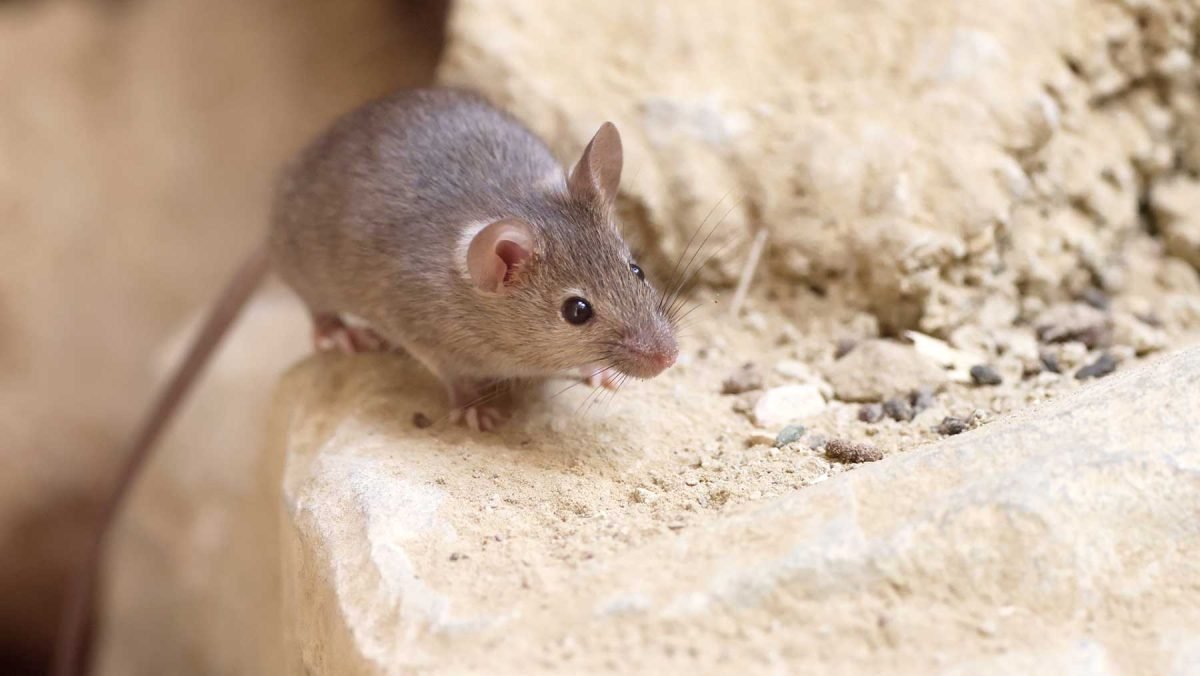House mouse
Mus musculus
Professional Mouse Control in Gloucester and Cheltenham
Mice can cause both a health hazard and a lot of damage to both residential and commercial properties. These small rodents can cause damage by chewing through electrical cables and materials such as wood, plastic and insulation. Mice can also contaminate food sources and spread diseases through their droppings and urine. Mice become sexually mature in only eight weeks and can rapidly reproduce leading to big infestations if not controlled. The two most common species of mice in the UK are house mice and field mice.
Mice can climb vertical surfaces, allowing them able to access hide in hard-to-reach places, which can make them difficult to eradicate. They are also quite resilient and can adapt to various environments, making them a stubborn pest to control. It is important to address a mice infestation as soon as possible to prevent further damage and prevent the spread of disease.
The usual method of controlling mice is to deny them a food source by excercising good hygiene, to proof their ingress points and to eradicate the infestation with the use of traps and rodenticide. However, rodenticide cannot legally be used on field mice, due to the risk of secondary poisoning to other animals that predate on them. Field mice will often venture out an infested property, making them a potential danger to other species when predated on, leading to the secondary poisoning. Before a pest control technician can use rodenticide to control house mice, the species must first be positively identified.
It is often recommended to seek professional pest control services to effectively eradicate a mice problem. Overall, it is important to address a mouse infestation promptly to ensure the health and safety of the premises and its occupants.
Last updated 24-07-2024

